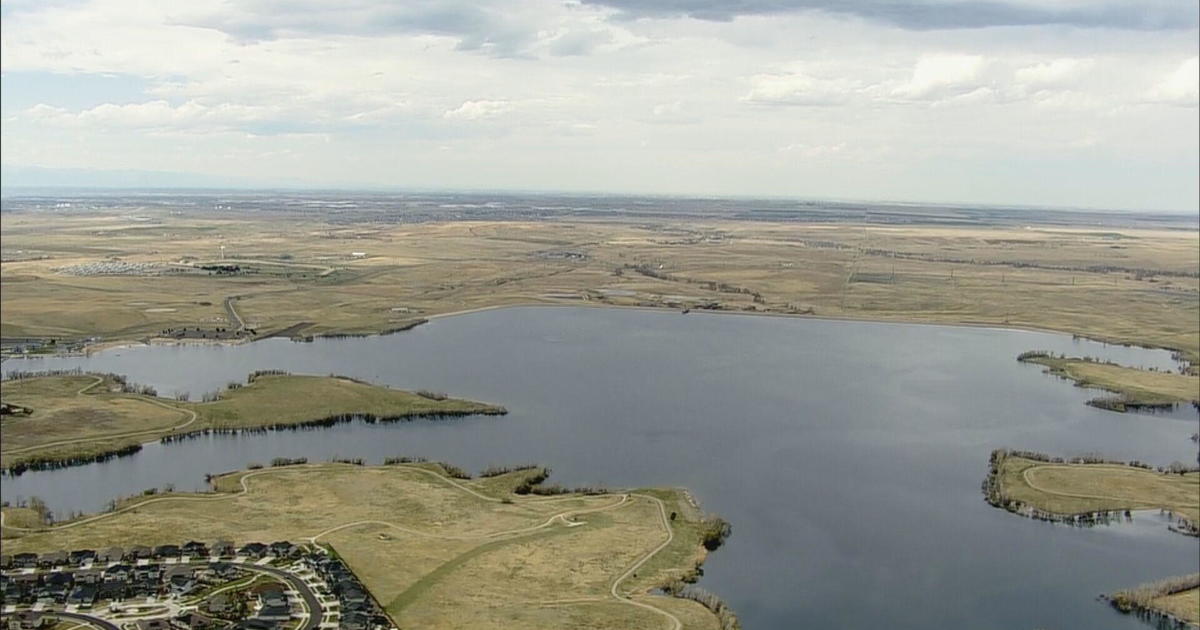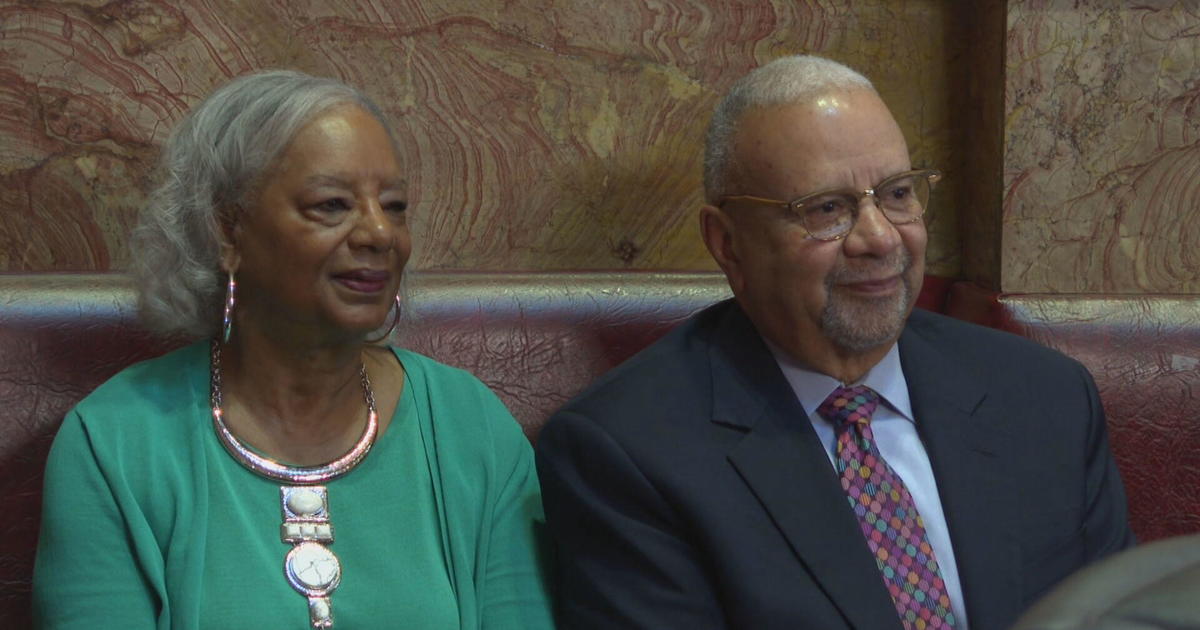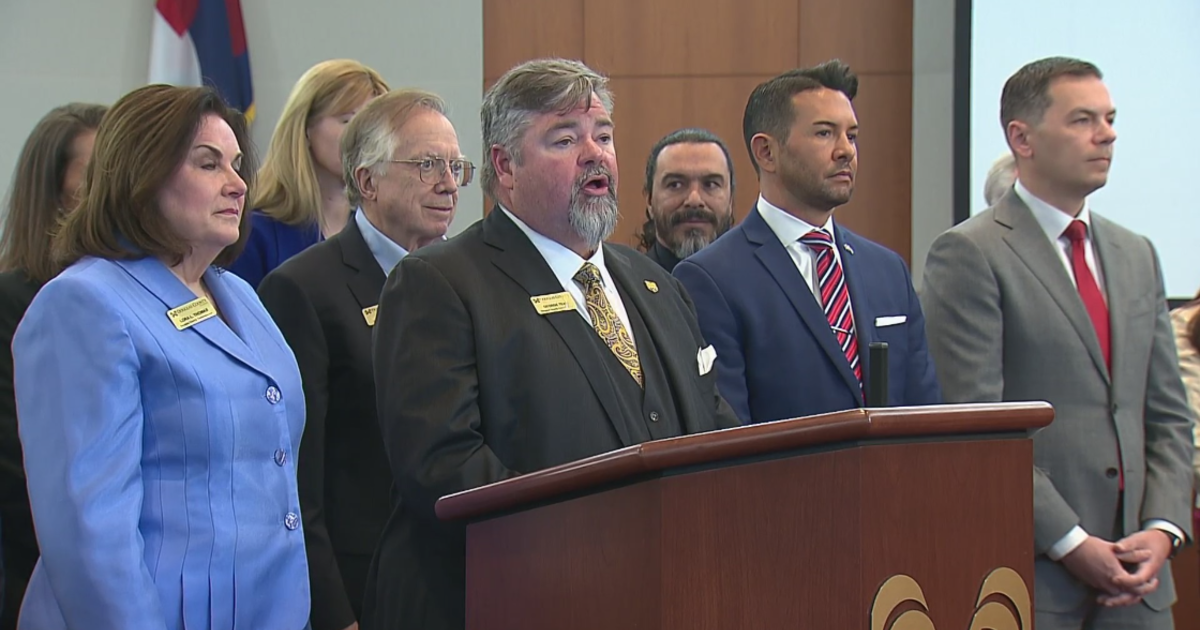Bills Seek More Oversight On Colorado Law Enforcement
DENVER (AP) — Colorado legislators passed a half-dozen bills this session increasing oversight on law enforcement, including encouraging the use of officer-worn body cameras, revamping training and strengthening the public's right to record police activity.
The measures awaiting action by Democratic Gov. John Hickenlooper arrived at his desk after careful negotiations during several months between law enforcement and legislators responding to public outcry over allegations of police misconduct nationwide.
Changing police practices was one of the dominant themes of the 2015 legislative session that concluded Wednesday. At times, lawmakers struggled to balance public concerns with those of law enforcement groups, which were generally supportive of the ideas but urged legislators not to pass anything that would interfere with their jobs.
In the end, lawmakers didn't get everything they wanted, and about half of their proposals failed. In fact, at one point it appeared that most of their proposals wouldn't succeed. The training and camera proposals were revived after they were rejected by a Senate committee during the final days of the session.
"I think the right bills passed, and the bad bills didn't," Tom Raynes, the executive director of the Colorado District Attorneys' Council, said Friday.
The bills that passed were:
— Creating a grant program for departments to buy body cameras.
— Changing how officer-involved shootings are investigated. Instead of having only one jurisdiction review a shooting, other agencies would be involved to try to eliminate potential conflicts of interest.
— Collecting demographic data on officer-involved shootings.
— Updating the state police training curriculum to include classes on de-escalation tactics and improving community relations. Civilians were also added to the state training board for peace officers to give the public more influence over how agencies operate.
— Allowing law enforcement agencies to look at officers' job histories before hiring them to find out whether they have lied during an investigation or been accused of misconduct.
— Requiring law enforcement to have consent or a warrant to seize a citizens' recording of police activity. Law enforcement agencies would be liable for civil damages if an officer fails to follow those protocols or intimidates or retaliates against a person's recording.
The bills send "a strong statement that we take public safety very seriously," Hickenlooper said.
Law enforcement supports the public's right to record police activity, Raynes said. But he said that the bill, if it becomes law, could be problematic because it will make it more difficult to obtain evidence by giving special treatment to recordings. He also said the bill duplicates existing procedures for the public to seek recourse when an officer destroys or interferes with a recording.
The bills that passed were bipartisan, but Democrats wanted the law-enforcement oversight package to go further and were disappointed to see some of their ideas defeated. Among those were measures restricting officer chokeholds to cases of self-defense and making it easier to appoint special prosecutors to investigate allegations of excessive force when no charges were filed.
"You have to find that balance between protecting the public and providing public safety," Republican Senate President Bill Cadman said.
By Ivan Moreno, AP Writer
(© Copyright 2015 The Associated Press. All Rights Reserved. This material may not be published, broadcast, rewritten or redistributed.)



